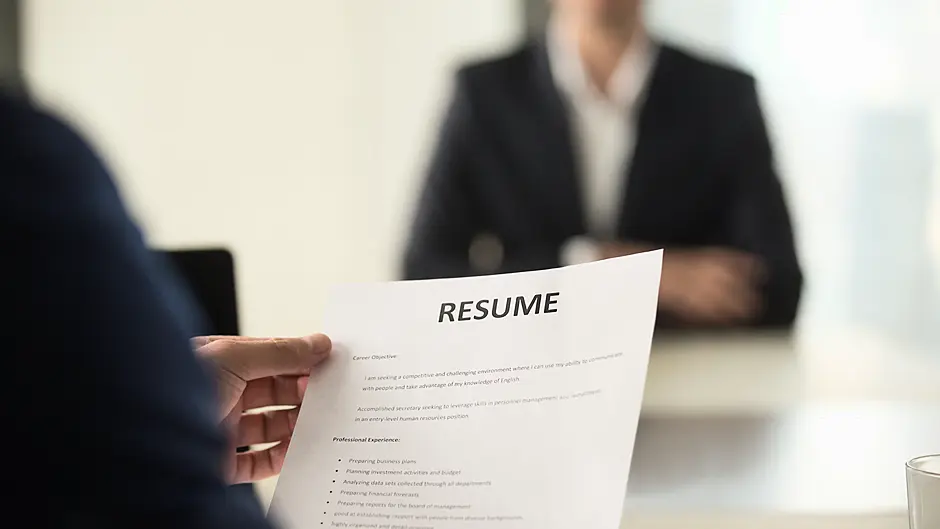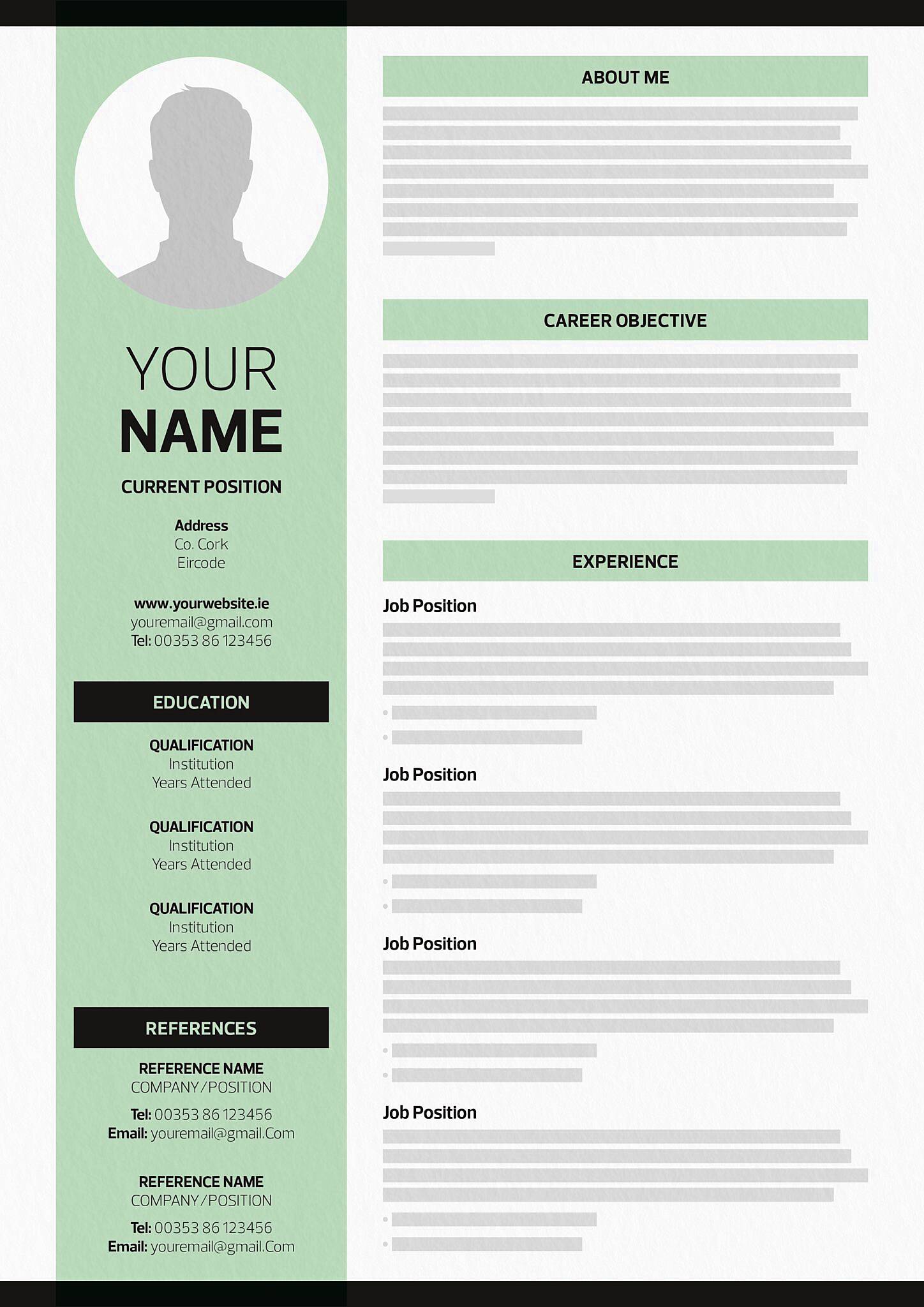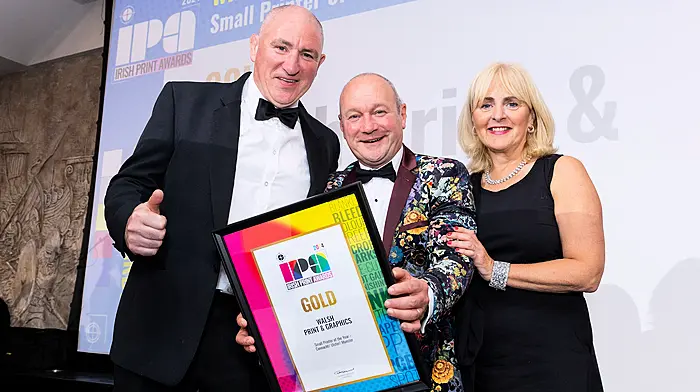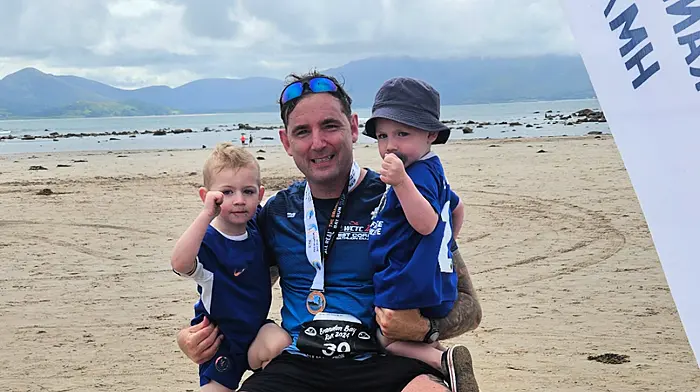YOUR CV is much more than just a list of your previous work experience with a cursory nod to your hobbies and interests.
It is essentially a marketing tool for yourself as a potential employee, and so often it is your first point of contact with a possible employer.
This article was featured in our New Year New Job special recruitment feature which was in our January 30th edition of The Southern Star - You can read the full feature here.
It needs to be clear, easy to navigate and have enough, but not too much, information.
Remember, an employer may have lots of applications to wade through.
It’s only natural that they will gravitate towards something that makes their life easier and doesn’t take up too much of their time.
Your CV should never be more than one or two (maximum) A4 pages long.
It should contain details that will enhance the likelihood of you being considered for an interview and possibly the job.
A poorly put-together CV, regardless of your actual suitability for the role, may prevent you from even being considered.
Tailor your CV depending on the role you’re applying for, and whatever position you’re pursuing, you should do a lot of research on the company.
Just like studying for a test, it’s important to create your CV for the job.
Visit the company’s website and get familiar with their products and/or service, find out what, if any, awards they’ve won or events they’ve attended and try and get a feel for the people and culture of the company.
Highlight your experiences and the talents that you feel would fit in well with the company, and downplay or remove unrelated items.
Contact details
Name and personal details, mobile number and email address.
Education
Outline education, qualifications, skills obtained, including results. Beginning with the most relevant and recent.
Referees
Give the name of persons and contact details of your referees (having first checked with them that it is ok to do so) or if you prefer, you can state on the CV, referees available on request.
Interests
It is useful to include this information, as interests and hobbies give an insight into what you like and the kind of person you are.
Career objective
Why do you want to apply for this position, what can you offer the potential employer.
Work record
Give details of your work history, record or experience, again in chronological order and with relevance to the position being applied for.
You can include summer/part-time work, voluntary or unpaid work.
Proofing and formatting
Make sure to proofread your CV, or better still get someone you trust to read it and so ensure that there are no spelling or grammatical errors.
Format your CV with a clear, easy-to-read font in a decent size (10-12 point).
Avoid script-type fonts. Clarity, and in fact, simplicity, are key when expecting a busy employer to read your CV.
If printing your CV use white, A4 paper, and include a brief cover letter.
If you are submitting it digitally, a pdf is the best option as it’s a widely accepted and easily-opened file format.
Anything that makes it difficult for an employer to access or read your document will be an additional hurdle for you in terms of even being called for interview, let alone being offered a position.
Cover letter
Don’t forget the importance of a strong cover letter, again keeping it short and to the point.
A good cover letter explains, quickly and clearly, why you are worth being asked for interview.
Don’t state information in the covering letter that is also in your CV. Be sure to use your own words – not formal long-winded sentences, as this is a sure way to turn a potential employer off.
Another important part of the covering letter is to make sure you state the job you are applying for.
It is not uncommon for employers to have more than one position available at their company at any time, so be sure to make it clear as to which job you want.
All employers, be they the chairman of the board or the manager of a department, will tell you that the brief, clear and relevant applicant CVs will be the first ones they pick up, so remember, all you have to do is give them what they want.
In summary
Remember CVs are usually scanned in about 20 to 30 seconds.
The challenge is to try to make an impact with your CV in less than a minute.
Be brief and to the point, and remember you can expand on your work experience or other details if and when you get an interview.
It may be tempting to list every job, or accomplishment, volunteer assignment, skill and degree you’ve ever had.
But don’t. Only include relevant details.
This article was featured in our New Year New Job special recruitment feature which was in our January 30th edition of The Southern Star - You can read the full feature here.












